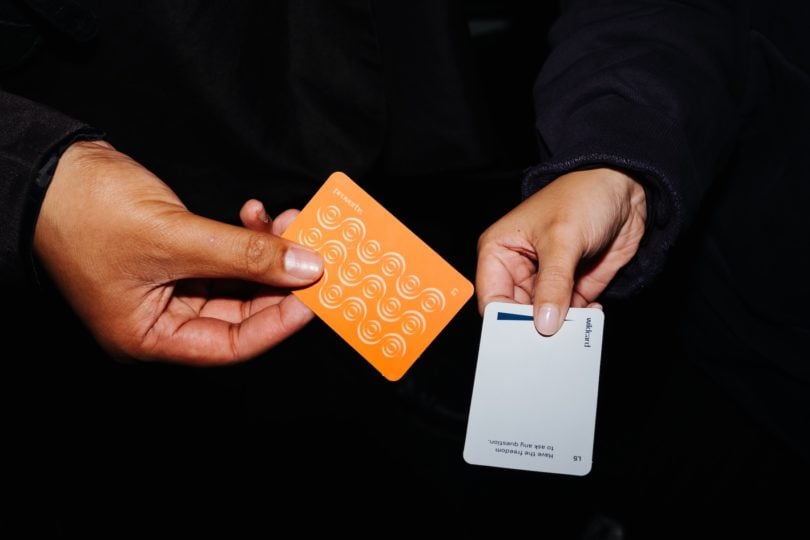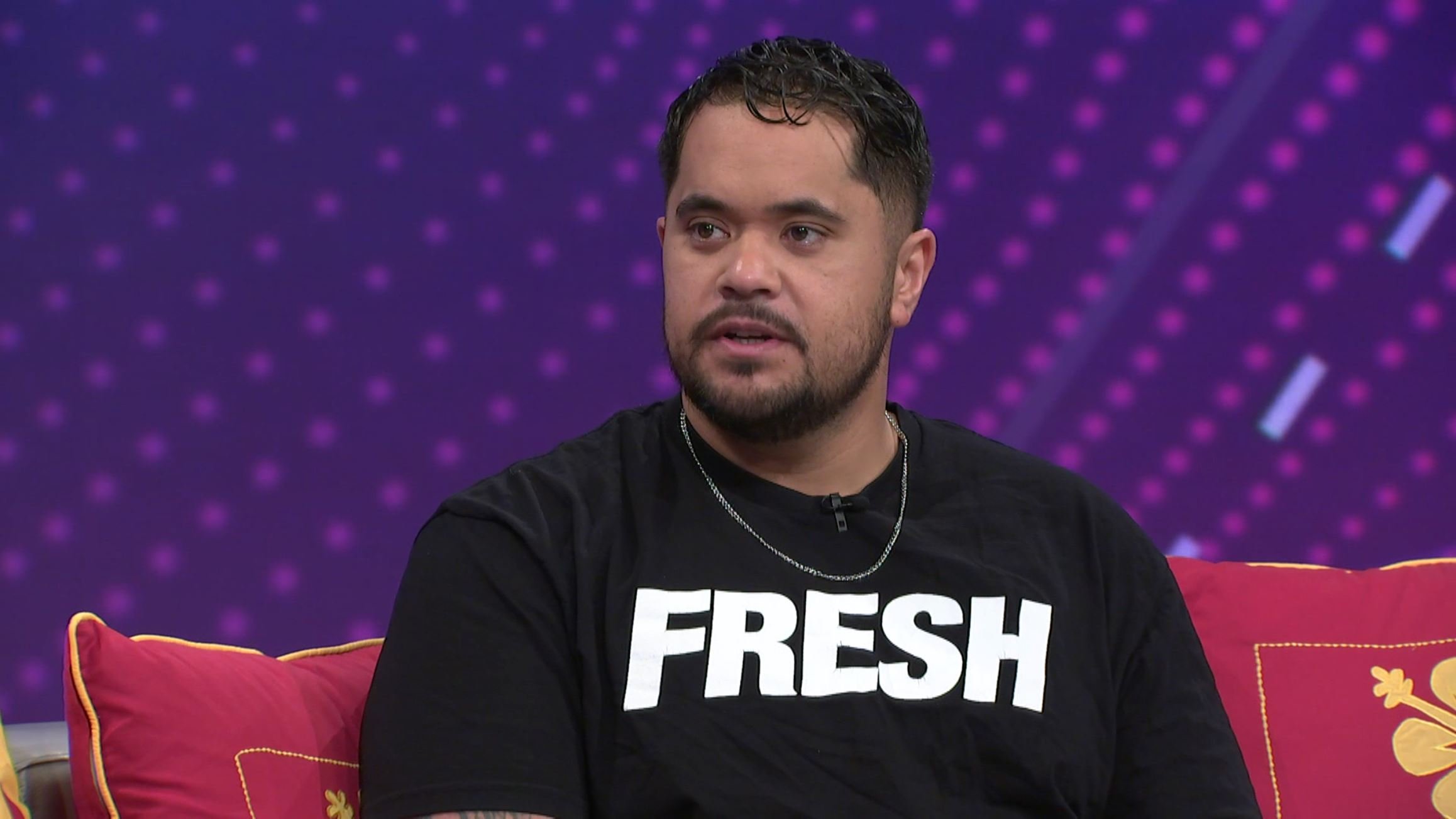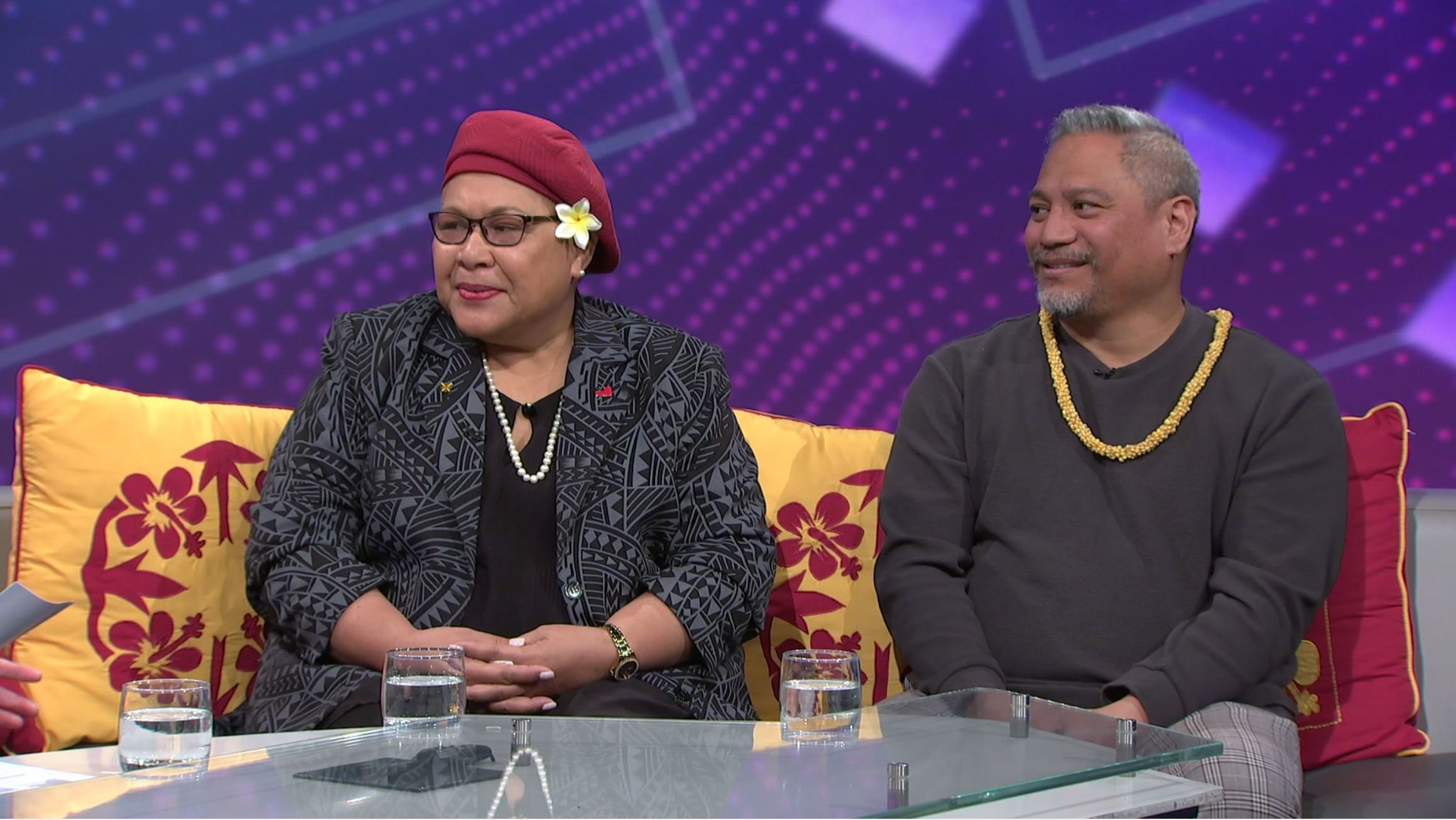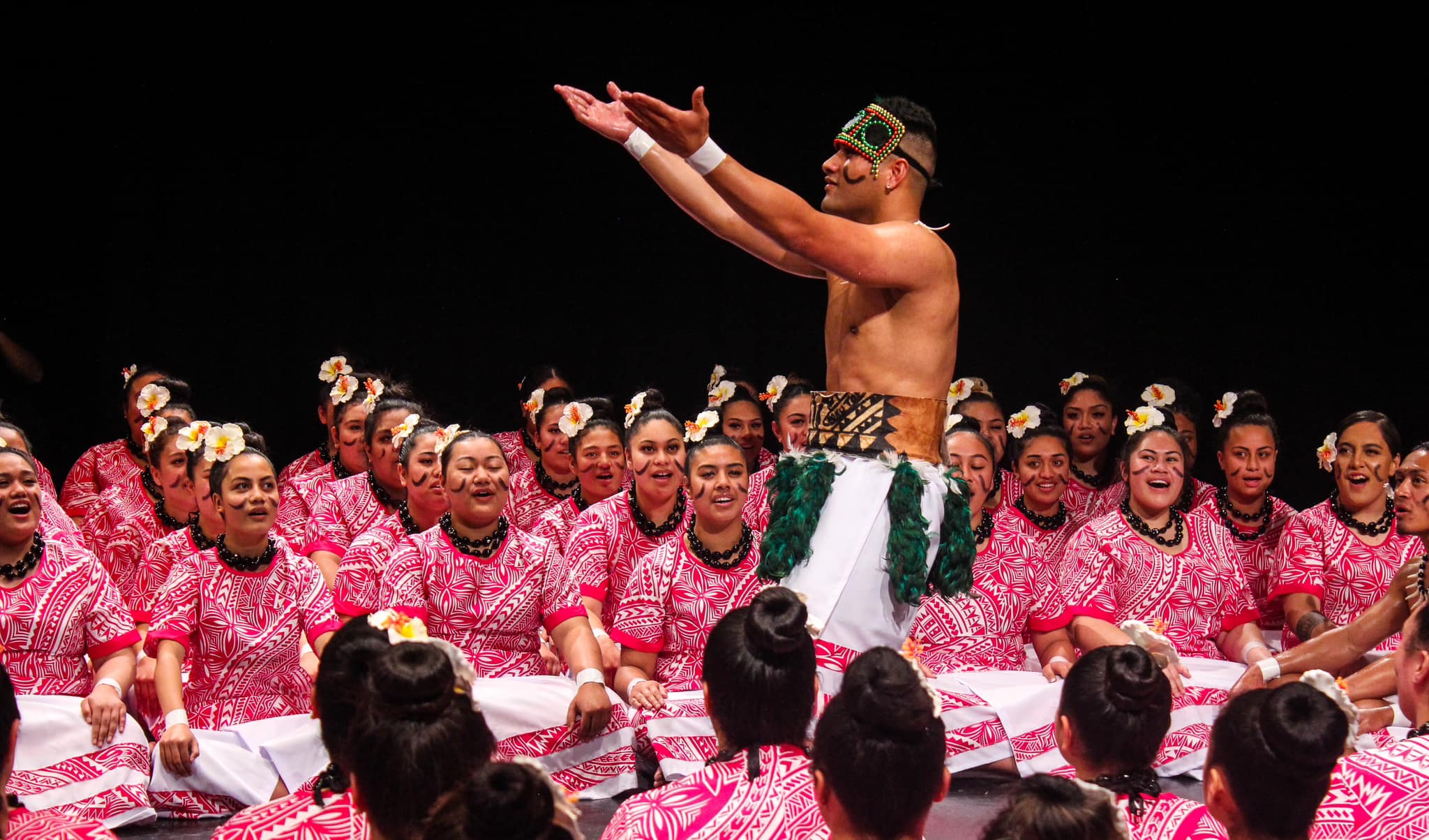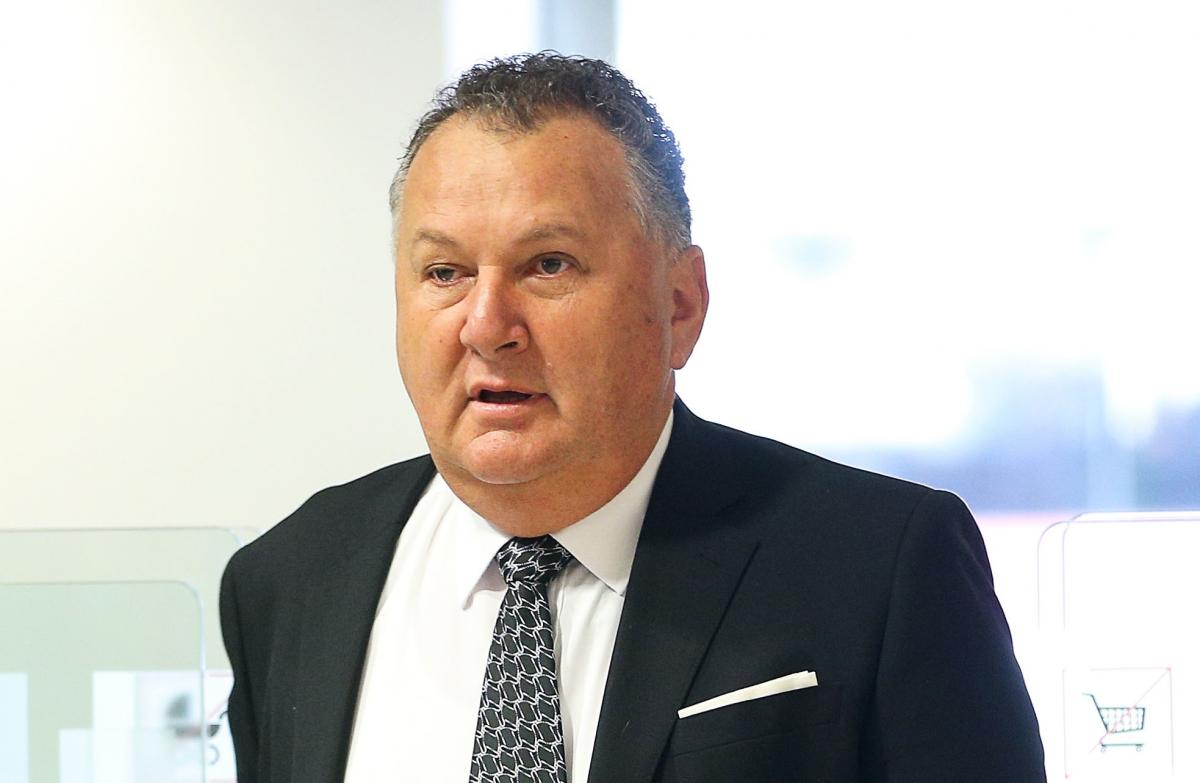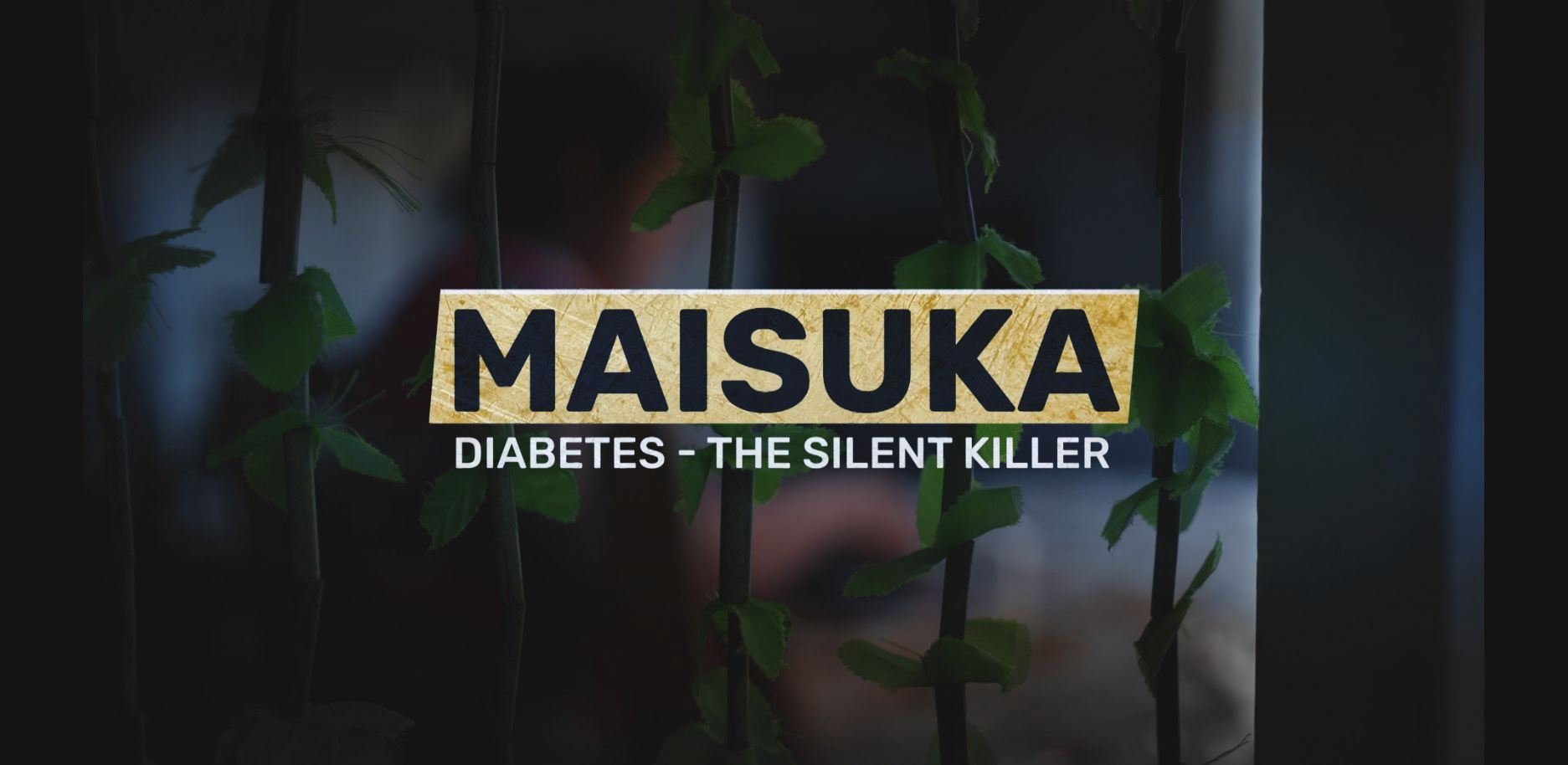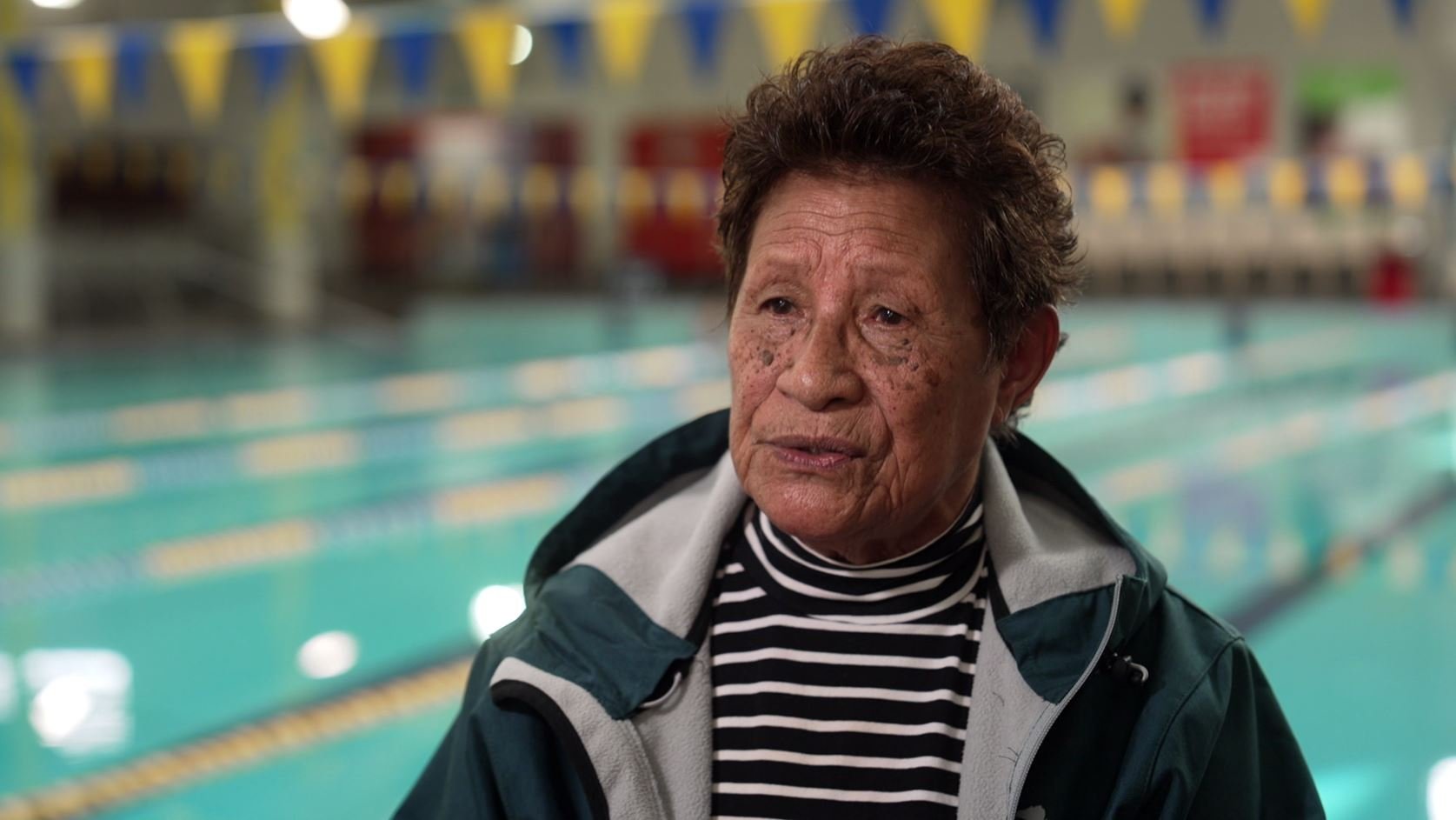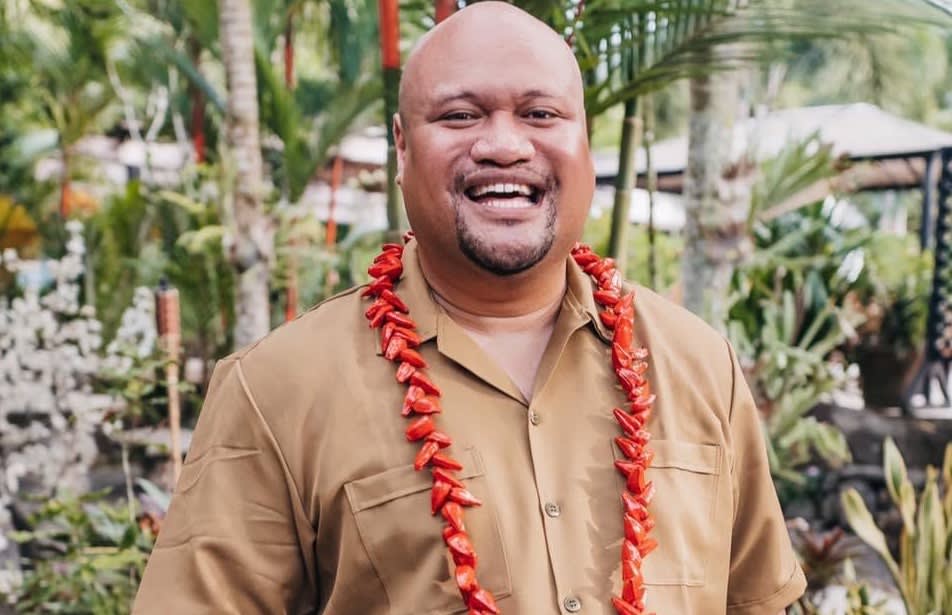The Papatoetoe Food Hub is leading the way in addressing food insecurity and pushing zero waste – even saving kai from the nearby supermarket. It’s a community project that’s good on the pocket, the puku and the planet.
There’s a lot more going on at the Papatoetoe Food Hub than the cafe selling nutritious low cost food, which can be eaten al fresco on unused netball courts dotted with planter boxes.
Underpinning the cafe is a relationship-based social enterprise that recycles, upcycles, grows food, composts and shares skills with the community via free workshops.
“It’s all about community supporting community,” says Raju Ramakrishna, Papatoetoe Food Hub co-founder.
“We got this place by the end of 2018. The Council was not using the space. It used to be a netball court for the rangers, and then they locked it up for three years. It was un-used. We’ve come here to breathe life into it.”
‘We’ includes fellow directors Michelle Potoru and Waikare Komene, all Papatoetoe locals.
Together they formed the Food Hub Collective, and brought the food hub concept to life with support from Panuku Development, The Southern Initiative, Healthy Families South Auckland and Ōtara-Papatoetoe Local Board.
The food they serve is procured through special relationships with farmers and local businesses, like the New World next door.
Every week Raju collects food that would otherwise have been thrown away — not because it’s inedible, but because it falls below the exacting standards for sale at New World. The food hub saves around 300kg for food every week.
The food is carefully sorted by Michelle, who runs the food hub’s kitchen in the White Lady food truck, which was donated by the Washer family. Food that is good to use goes into use immediately or the fridge.
Michelle improvises a menu each week based on the food that arrives.
“Bananas, bananas…” she says. “What are we going to make with them? Smoothies, banana cake, muffins. Awesome. Look at these mushrooms. It’s like it’s going to be a mushroom week, I think.”
Anything that doesn’t make the cut is composted.
On the day Tagata Pasifika visits, the food hub is hosting a composting workshop run by Therese Mangos, a Compost Facilitator who works for Auckland City Council.
Therese has been helping the food hub’s team learn how to compost effectively.
“We are just so blessed to have Therese do what she does,” says Raju.
“We didn’t know what the hell we were going. We just thought, oh yeah, we got to chuck everything back and find out what it’s all about, and then it’ll take care of itself, man. Next minute, just smells… smells so bad.”
“It’s about looking and seeing goodness in what you’ve thrown away, how to make it into something that’s got another life,” says Therese. She demonstrates three leading ways to compost in her hour-long workshops: bokashi, or bucket system, for small spaces like apartments; traditional composting in a bin for those who have a backyard; and worm-farming, for the resilient and committed.
Therese hands around a coconut shell of the soil produced by compost, which is also known as ‘black gold’.
“In every teaspoon of this, there is more life than there are people on this planet,” says Therese. “So when you add black gold to your plants, it just boosts the plant growth.”
She encourages caution, however, when handling commercial compost; protect your hands and face with gloves and a face mask.
The things that put most people off composting – rats, and the yuck factor – are usually easy to overcome, says Therese. There are ways to deter rats, like trenching, and once people get into gardening, the ‘yuck factor’ dissipates.
“When we get back into gardening, whether it be in a bucket, or a very small space, or just down the road with the neighbour, that’s when the yuck factor turns and becomes, ‘Oh, I see now the value in that and what it’s adding.'”
Another layer of value composting adds is keeping food scraps out of landfills. Landfills do not support organic waste to break down, so food scraps sit amongst the other rubbish for years, releasing methane, the most potent greenhouse gas.
“What they’re doing is creating a toxic waste, which is the big problem,” says Therese. “Auckland has about 200 landfills that have been closed. So they’re now our sports fields and reserves; they’re all around waterways.”
“Composting is one of the easiest actions you can do today that will help the climate crisis we’re in.”
Ira Dennison, a workshop participant, is clearly on board with composting and also the food hub’s philosophy.
“I learnt how to compost and different methods of composting. But also about how we can create these beautiful spaces in our communities and working together. Yeah.”












